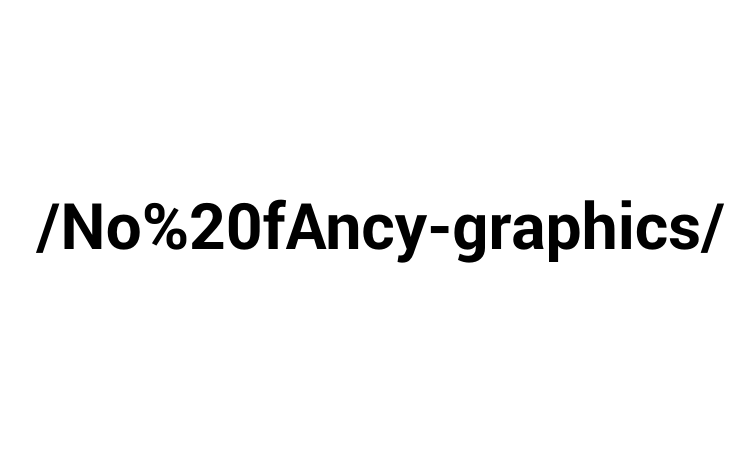
Whenever you create a web page, be it a blog post, a page about your business, a recipe for lasagne, whatever it is, you will want to make sure that page is optimised.
Now, when we talk about search engine optimisation, or SEO for short, there are two things we generally think about. Content and links. Today I am going to look at links.
This is not about back links
Really, it is not. Back links have had a lot of focus in the past. People telling you to do this and optimise that. The trouble is, if you don’t get the underlying URL right in the first place, your back links may suffer. Which leads us on to…
Optimising a web page URL
Keywords
You must have seen this one coming. Keywords are still an important aspect to SEO and it is wise to include them in the URL for your page. Be sensible about it though and make it readable. Remember, you aren’t just making a URL for the search engines. Think about the human visitors first and foremost. If your page is about how to fix an overheating PC, then the URL for your page should be /how-to-fix-an-overheating-pc and not something like /pc-overheating-fix.
Make it readable
I can’t overstate this. Making a URL readable also makes it memorable. If you haven’t got URL rewriting working for your site, then you should seriously consider doing so immediately. URL rewriting takes all those ugly parameters you see after the question mark in some URLs and transforms them into something legible. For instance, on my site Local Hive I have used URL rewriting extensively. I will give you an example.
Without URL rewriting, a Local Hive URL would look something like this.
http://www.local.co.uk/index.php?param1=West%20Sussex¶m2=Storrington
Yuck.
With URL rewriting, it looks like this.
http://www.localhive.co.uk/west-sussex/storrington
Much better!
Real people and search engines will love you.
Watch those caPitals and spaces
The majority of web servers around the world are running Linux or some other Unix variant. Unix and Linux are case sensitive. So they treat /test-page and /Test-Page and /Test-page as completely different web pages. The last thing you want is for someone to visit /Test-page and find a 404 error message instead of the page they were expecting. To avoid issues with capitalisation, keep everything lower case. It’s the only way to maintain consistency.
Another problem you may run across, is spaces. Generally, if you go to a URL with spaces, the browser will replace them with a special code %20. While this may still work in the browser, it looks ugly and unreadable. General good practice is to substitute spaces with hyphens.
Going back to the Local Hive example above the standardised URL is all lower case and with hyphens instead of spaces.
http://www.localhive.co.uk/west-sussex/storrington
Keep an eye on categories
Categories are great. You can lump related content under a particular heading, making navigation easy for people.
But…
It is easy to forget that each category needs to have a page of its own as well. Using my Local Hive example again, West Sussex is a category. It has lots of places within it. Here are some of them.
http://www.localhive.co.uk/west-sussex/crawley
http://www.localhive.co.uk/west-sussex/horsham
http://www.localhive.co.uk/west-sussex/pulborough
http://www.localhive.co.uk/west-sussex/storrington
What happens if some bright spark removes the town from the equation and tries to visit http://www.localhive.co.uk/west-sussex/ ?
Well, fortunately for me, they get to see a dedicated page about West Sussex. If that page wasn’t there, that would mean a 404 error message and a potential customer turned away.
Conclusion
The aim with all of this is to make your URLs memorable and as easy to copy as possible. Not everyone will be visiting your pages via Google. They may see a URL in a printed newspaper or advert, or they may type it out manually and send it in an email. They may even listen to someone dictate a URL over the phone. Stick to lower case letters, numbers and hyphens and no special characters! A consistent approach is the only way to make things easier for people to understand and to get it right first time.
The bonus comes with making it easier for the search engines too.
